
College of Education Newsletter

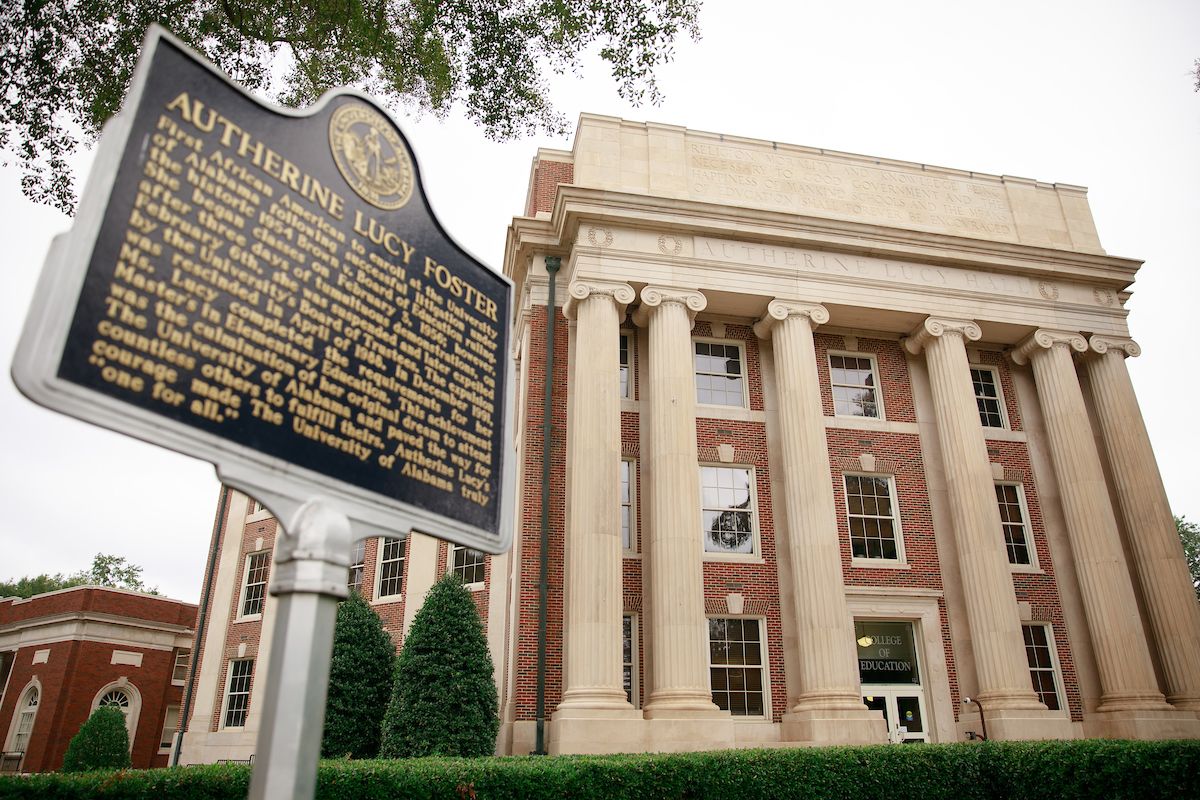
Educator preparation committee gives College impressive accreditation review
Seven years of hard work led to a momentous accomplishment for the College of Education after a recent visit from the Council for the Accreditation of Educator Preparation (CAEP). The College received an exceptional review from the committee, with it recommending no stipulations and no areas for improvement.
“The Council for the Accreditation of Educator Preparation is an accrediting body that has established a rigorous set of standards and peer review process for educator preparation providers,” said Dr. Liza Wilson, senior associate dean for the College. “The College of Education was able to meet a high level of achievement through the authentic, ongoing, and exceptional efforts of our faculty, staff, current students, graduates, stakeholders, and P-12 partners.”
As the education field evolves, learning institutions must adapt to better equip their students. The CAEP reviews help assess the quality of an institution’s programs and instructors as well as its ability to update teaching methods, technology, and material as needed.
According to the Council for the Accreditation of Education Preparation’s website, “These evidence-based shifts, rooted in continuous improvement, are helping to ensure that preparation programs are more likely to produce successful educators.”
"I believe the CAEP accreditation process is a reflective and meaningful practice that promotes a continuous improvement mindset among a sea of stakeholders by ensuring systematic processes are in place to carry out the work of preparing quality educators effectively,” Academic Associate Dean Dr. Emily Sims said. “At the same time, EPPs are afforded authentic, autonomous opportunities to develop and refine collaborative processes unique and relevant to teacher candidates, faculty, and the school community alike. Undergoing this rigorous endeavor strengthens the quality of our candidates' program experiences."
Evaluations are voluntary and typically completed every seven to 10 years, the CAEP website says. Their data shows the effectiveness of an institution’s learning environment to educate students at the caliber they deserve.
“We are proud that this peer review recognizes our efforts to prepare educators for the important work of supporting students and P-12 schools,” Dr. Wilson said. “The Assessment Team is grateful to everyone who contributed to this accomplishment.”
Dean Peter Hlebowitsh addressed this success for the College of Education in an email to faculty members saying it is the culmination of years of collaboration and preparation by a bevy of dedicated individuals. The Assessment Team was led by Dr. Wilson, resilient in her efforts as a team member to ensure this accomplishment, and included Dr. Sims, Dr. James Hardin, Dr. Lisa Matherson, Mirai Nagasawa, Diana Winchester, and Dr. Akeisha Young. Each of them, he said, deserves notable recognition for making this outcome possible.
The review not only reflects the professionalism of the College of Education’s certification programs, but the professionalism demonstrated by each member of the College as well.
“First, I would like to congratulate not just our other Assessment Team members, but the entire College of Education on this achievement as this was truly a collective effort,” said Dr. Young, director of accreditation and assessment. “Thank you to our College of Education faculty, staff, students, alumni, community partners, and stakeholders as we are appreciative of the time and efforts that you contributed not just prior to and during the CAEP visit but since our last accreditation visit.”
The outstanding accreditation rating recommended for the College confirms that it exceeds the standard for excellence in effectively preparing future educators to influence the next generation of students.
“Through these countless hours of hard work and dedication,” Dr. Young said, “the CAEP evaluation team’s recommendation for no areas for improvement or stipulations and the recognition given by the Alabama State Department of Education representative further reinforces the College of Education’s commitment to being a leader in Alabama and across the nation in developing education professionals that impact all learners and their field of specialization.”
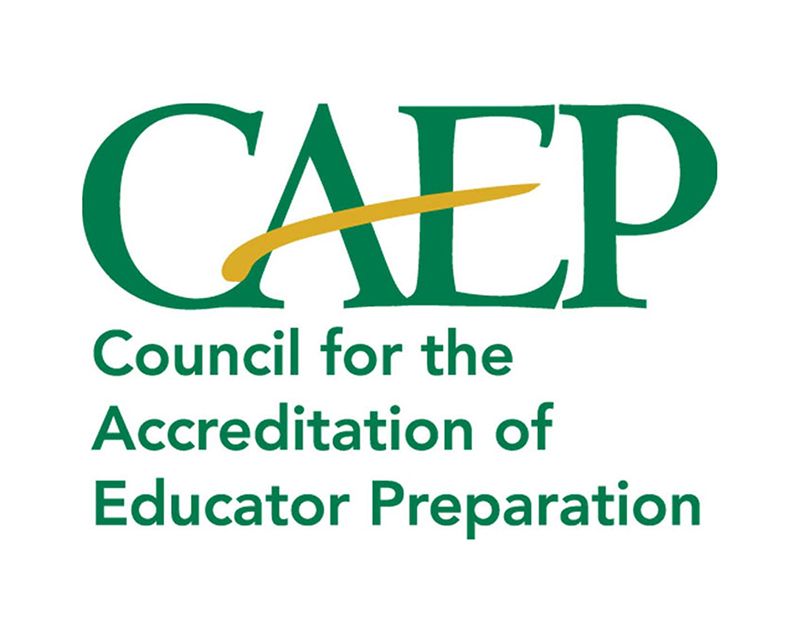
Five honorees inducted into UA College of Education Hall of Fame

The University of Alabama College of Education Hall of Fame honored five inductees for their outstanding contributions to their profession during a Feb. 11 award ceremony at the North River Yacht Club in Tuscaloosa.
Among the 2023 Hall of Fame honorees are retired Huntsville City School Superintendent Dr. Mary Jane Caylor, retired Jacksonville State University President Dr. William Meehan, late K-12 and higher education leader Dr. Jodi Newton, creator and host of Discovering Alabama Dr. Douglas Phillips, and retired Alabama Department of Early Childhood Education Secretary Jeana Ross.
These individuals are being celebrated for their dedication, their accomplishments, as well as their admirable character.
The Hall of Fame was established by the UA College of Education Board of Advisors in 2012 to honor and show appreciation to exemplary educators or supporters of education for their contributions to the vocation and its community.
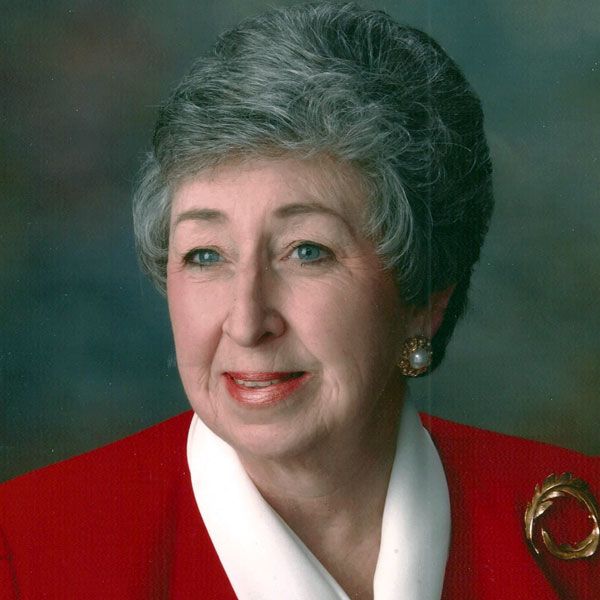
Dr. Mary Jane Caylor, Retired Superintendent, Huntsville City Schools
Dr. Mary Jane Caylor, Retired Superintendent, Huntsville City Schools
Dr. Mary Jane Caylor
Throughout her career, Caylor held several professional roles in the community of Huntsville and in the field of education. As superintendent of Huntsville City Schools from 1982-1991, she was named superintendent of the year by the Alabama Council of PTAs and state finalist by the American Association of School Administrators for superintendent of the year.
Caylor earned her B.S. in elementary education, a Master of Arts in special education, and an Ed.D. in educational administration and planning, all from The University of Alabama. She also had a Class AA certification in special education.
Before her time as superintendent, Caylor worked as a City of Huntsville juvenile police detective and Madison County juvenile probation officer. Additionally, she served as executive director of Huntsville’s bicentennial celebration in 2005 and an Alabama State Board of Education member for four terms, representing District 8 until 2011. She was also a project manager for the city and key in the establishment of four memorials in downtown Huntsville.
She retired as dean of workforce development at J.F. Drake State Community and Technical College in 2016, but other roles Caylor has dedicated herself to include being on the recruitment team for the Tennessee Base Realignment and Closure Commission, managing leader trips to learn more about successful downtown redevelopment, and being part of the first Leadership Alabama class.
Caylor has a daughter who is a data analyst for the Huntsville City Schools and two grandchildren.
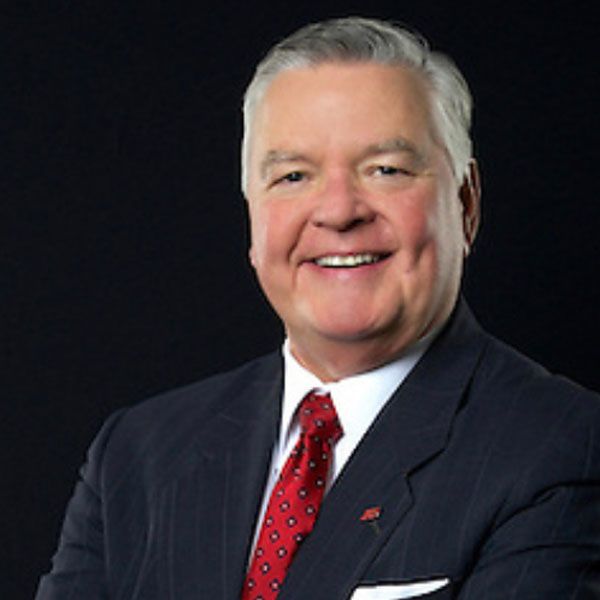
Dr. William Meehan, Retired President, Jacksonville State University
Dr. William Meehan, Retired President, Jacksonville State University
Dr. William Meehan
After dedicating 47 years of his life to Jacksonville State University, Meehan retired from his role as the college’s 11th president in 2015. Forty of those years at JSU were spent as an employee, 16 as its president, and it also happens to be where he and his wife, Elizabeth, first met as students.
Meehan earned his Bachelor of Science in biology from JSU in 1972, going on to earn his master’s and work in the admissions office as a graduate assistant. It was 1976 when he was asked to remain at the school as a full-time biology instructor. In 1999, Meehan earned his doctorate in higher education administration from the University; then in July of that same year, JSU named him as its 11th president.
Meehan dedicated his presidency to educating and helping the students. Under his leadership, the Jax State athletics program also thrived, becoming an Ohio Valley Conference member and earning numerous conference championships.
“When I went into this business, it was to teach and to be with students,” Meehan said. “I think helping students reach their goals and being able to add value to the experience of all those at the university – to the students, to the faculty and staff – if I can say I’ve added value to that experience, that’s been the most rewarding part.”
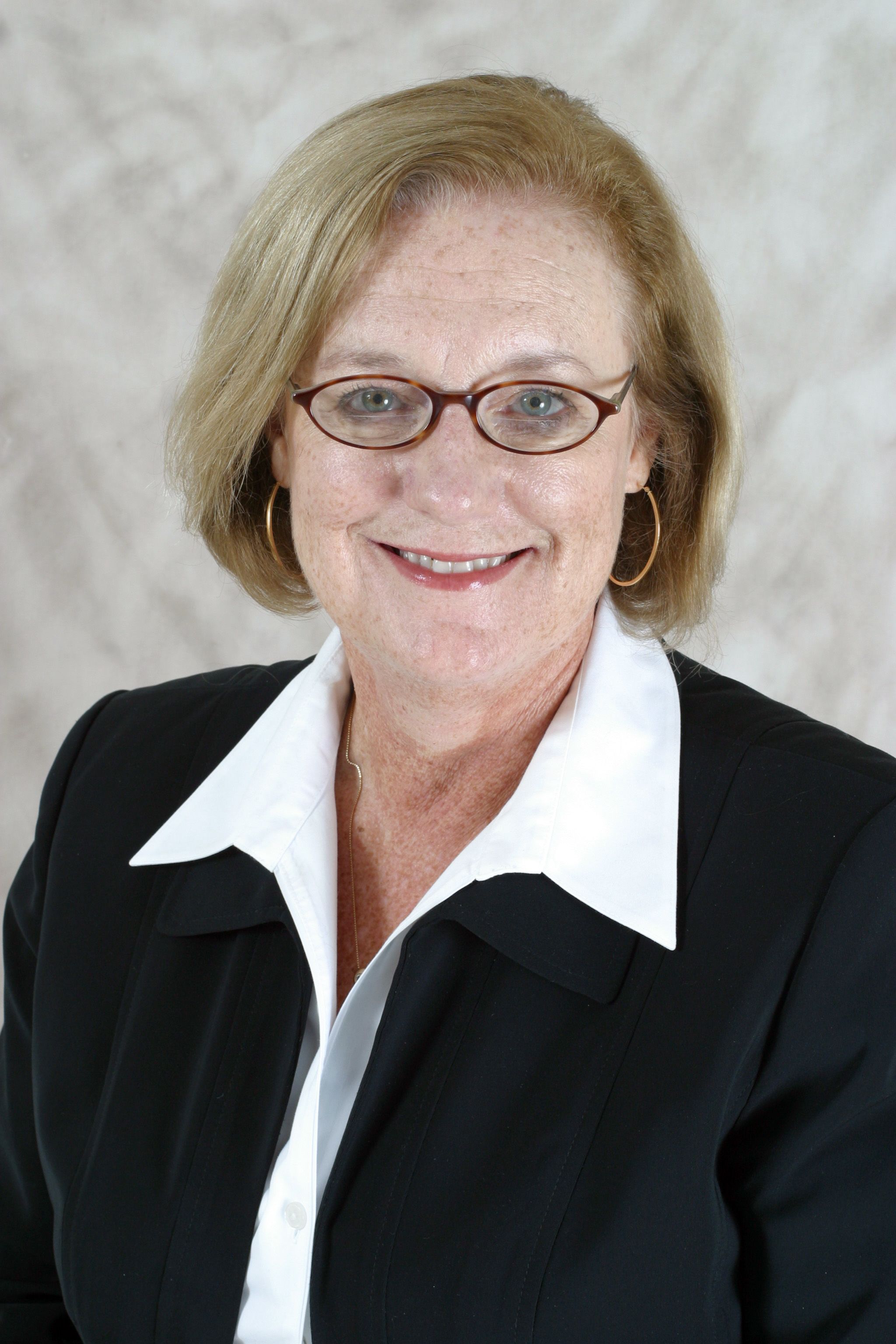
Dr. Jodi Newton, Superintendent, Homewood City Schools
Dr. Jodi Newton, Superintendent, Homewood City Schools
Dr. Jodi Newton
Dr. Newton, 69, left behind a legacy in educational and community leadership when she passed on Sept. 4, 2022.
She served as superintendent of Homewood City Schools for more than 10 years after being appointed just a day after the previous superintendent announced his retirement. Schools within the system were recognized with several honors throughout Newton’s tenure: the National School of Character Award, 100 Best Communities for Music Education, the What Parents Want Award, school commendation for outstanding achievement for at-risk students under No Child Left Behind, as well as state Department of Education and Governor’s awards.
Another high point of her superintendent career is moving forward with building a new Homewood middle school and having it be the first school in the U.S. to earn Leadership in Energy and Environmental Design certification. Other accolades of hers include: being elected president of the Alabama Association of School Administrators and being named Alabama Superintendent of the Year in 2003. Newton later retired in 2008.
She earned a bachelor’s degree from Samford University and her M.A. and doctorate degrees from The University of Alabama. Early in Newton’s career, she taught English at Bessemer Academy and Fairfield High school and held various teaching and administrative positions.
She spent most of her life in Homewood and is remembered for finding great joy in family and friends, her kind and loyal spirit, her deep faith, and for loving her work. She was a longtime member of Dawson Memorial Baptist Church and adored her involvement with the Hope Institute.

Dr. Douglas Phillips, Creator, Discovering Alabama
Dr. Douglas Phillips, Creator, Discovering Alabama
Dr. Douglas Phillips
Phillips has brought the natural wonders of Alabama to viewers for almost 40 years as the creator and host of Emmy award-winning show Discovering Alabama. Not only is it the longest-running, most popular locally produced show on Alabama Public Television, but it is utilized as an educational resource in classrooms across the state.
Discovering Alabama is aimed to supplement K-12 education, and some episodes of Discovering Alabama feature classroom materials, such as lesson plans. The program correlates with the Alabama Course of Study and covers science, history, social studies, geography, and environmental education as it relates to the state of Alabama.
Prior to hosting the TV show, Phillips was an environmental educator for the Alabama Museum of Natural History on The University of Alabama campus. Discovering Alabama is presently produced by UA and the museum in partnership with the Alabama Center for Public Television and Radio.
Dr. Phillips’ other achievements include developing the “Discovering Alabama Model School Program,” penning award-winning books, and helming many state conservation programs, including the Alabama Forever Wild program.
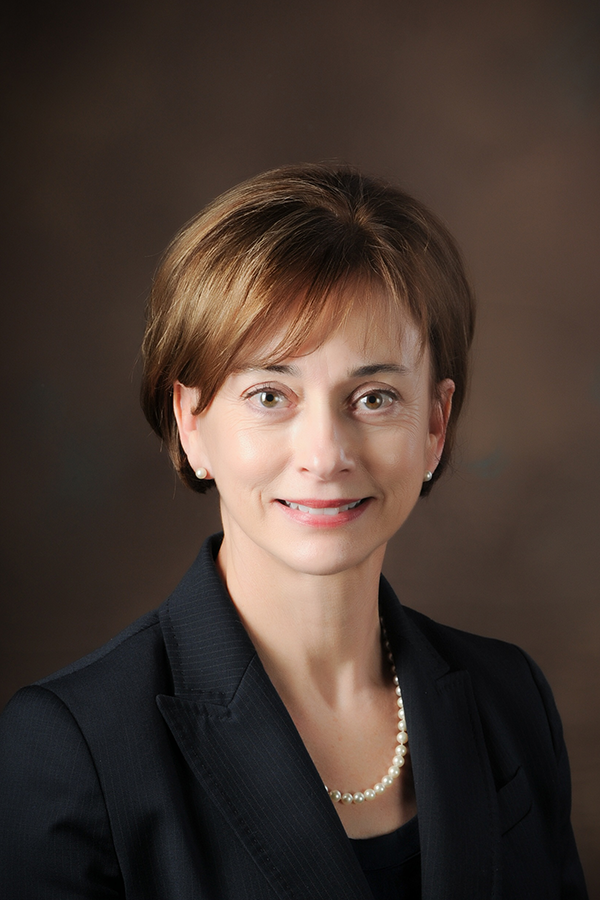
Jeana Ross, Retired Secretary, Alabama Department of Early Childhood Education
Jeana Ross, Retired Secretary, Alabama Department of Early Childhood Education
Jeana Ross
Before retiring, Alabama Department of Early Childhood Education Secretary Jeana Ross dedicated 18 years to state public schools, as both teacher and administrator, with the purpose of “doing what is best for children.”
Throughout her career, she remained dedicated to ensuring the existence of quality early childhood programs in Alabama and helped acquire more than $7.5 million in grant funding to go toward initiatives and services that benefit low-income children and families. In 2007, she was appointed to the governor’s task force to formulate a plan and oversee the expansion of the Alabama First Class Pre-K program. She and her team made strides in growing and bettering Alabama’s pre-K program to one that is first-rate and statewide, with significant increases in funding, classrooms, participants, and more. In 2012, she was appointed as secretary of the Department of Early Childhood Education, then appointed to serve on the Education Commission of the States in 2017. Even after retiring from public service in 2020, Ross continues to advocate for quality early childhood education and support for families in need.
Other accomplishments of Ross’ include guiding the Pre-K Through Third Grade P-3 Integrated Approach to Early Learning and its leadership academy; starting one of the first Alabama Office of School Readiness program for pre-K in the Marshall County School System; leading the launch of the Born Ready initiative; forming a research and evaluation team to assess the positive effects of the state’s early childhood education programs. Alabama is now considered a model and national leader in high-quality early childhood education.
Ross earned Bachelor of Science degree in early childhood education from the University of Alabama at Birmingham and a Master of Arts degree in education leadership from The University of Alabama.
She and her husband currently live in Guntersville. They have two sons and twin grandchildren.
Kudos
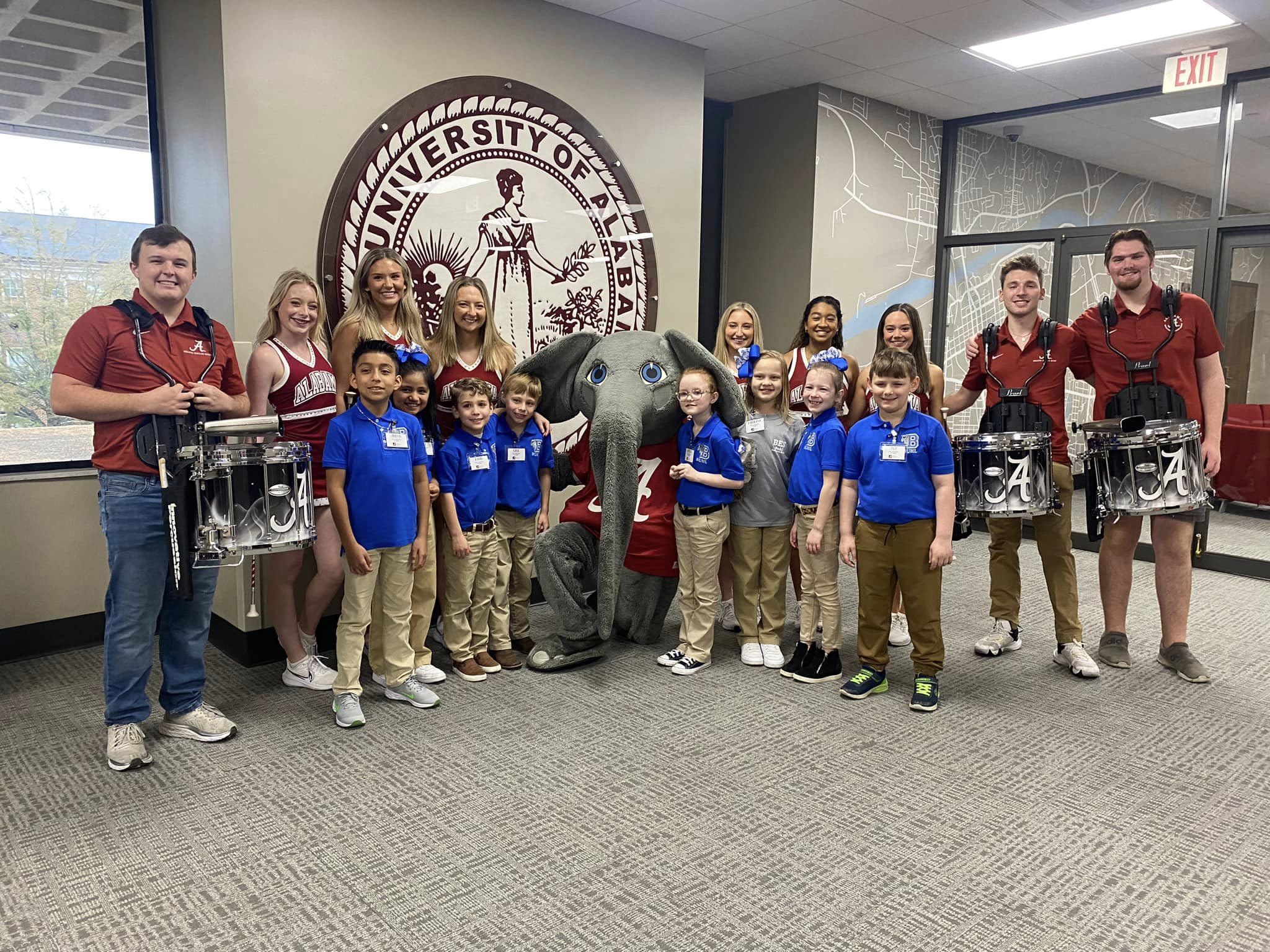
Youth, UA student-athletes unite at leadership training hosted by Whole Child, TCSS
Whole Child Alabama, the Tuscaloosa County School System, and student-athletes from the Department of Athletics came together for a special training event at The University of Alabama Student Center.
On Feb. 27, groups of TCSS students from Whole Child Alabama’s cohort schools received youth leadership training and had the chance to learn from and collaborate with University of Alabama athletes. This partnership will not only benefit both parties, but it is likely the first of its kind within the Whole Child initiative. more...
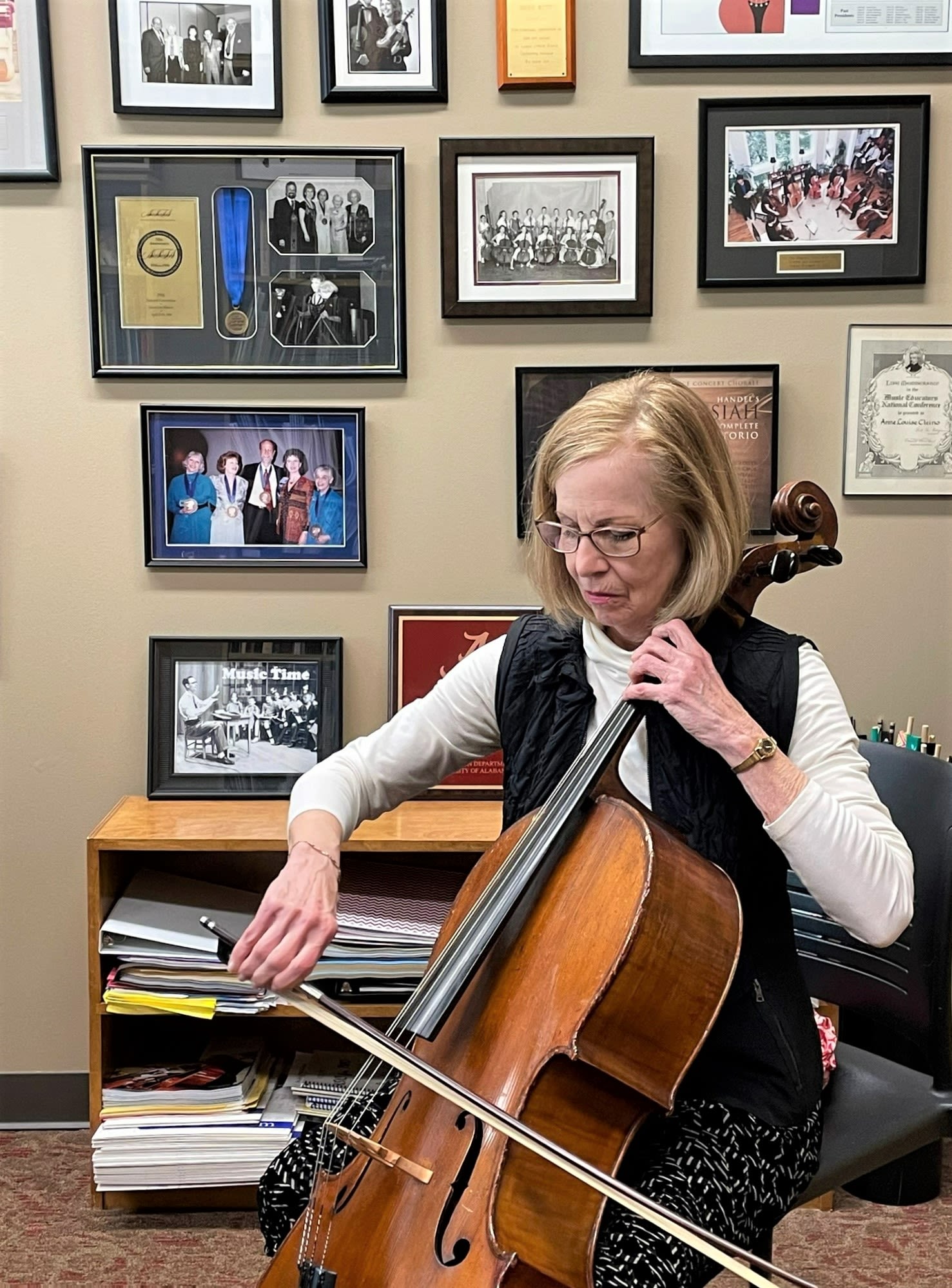
Then, one day, her father introduced her to the cello
Dr. Anne Witt, 77, inherited her parents’ love and appreciation for music and music education. For 53 years, she has been teaching music in various capacities – 18 of them here at UA as instructor of music education and strings – but she wasn’t always sure that she wanted to pursue a career in music. more...

State funding helps federal loan repayment program grow
The Alabama Legislature recently provided funding for the Alabama Commission on Higher Education (ACHE) to maintain and expand its Alabama Math and Science Teacher Education Program (AMSTEP).
The AMSTEP federal loan payment program was signed into law in 2018 in an effort to resolve the shortage of public high school math and science teachers in Alabama. It incentivizes participating math and science teachers to accept positions in notably under-staffed public school systems. Teachers must apply to take part in the loan reimbursement program and are selected based on eligibility. Computer science teachers are now eligible for support in addition to math and science teachers due to a 2021 revision to the AMSTEP application.
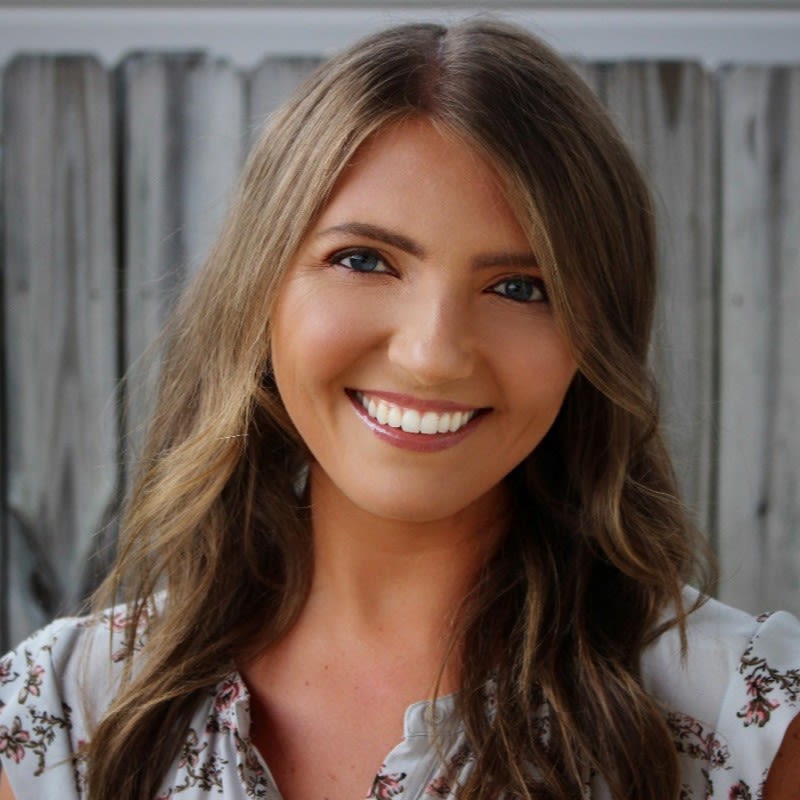
Allyson Pitzel, doctoral candidate
Allyson Pitzel, doctoral candidate
Pitzel Awarded Inaugural Doctoral Interventionist Award
Allyson Pitzel was awarded the inaugural Doctoral Interventionist Award for her established line of applied intervention research focused on a series of her studies implementing the self-regulated strategy development approach with intensifications and self-determination to improve the writing skills of youth with disabilities within the juvenile justice system; and in recognition of another emerging line of her research related to reading comprehension using the same approach.
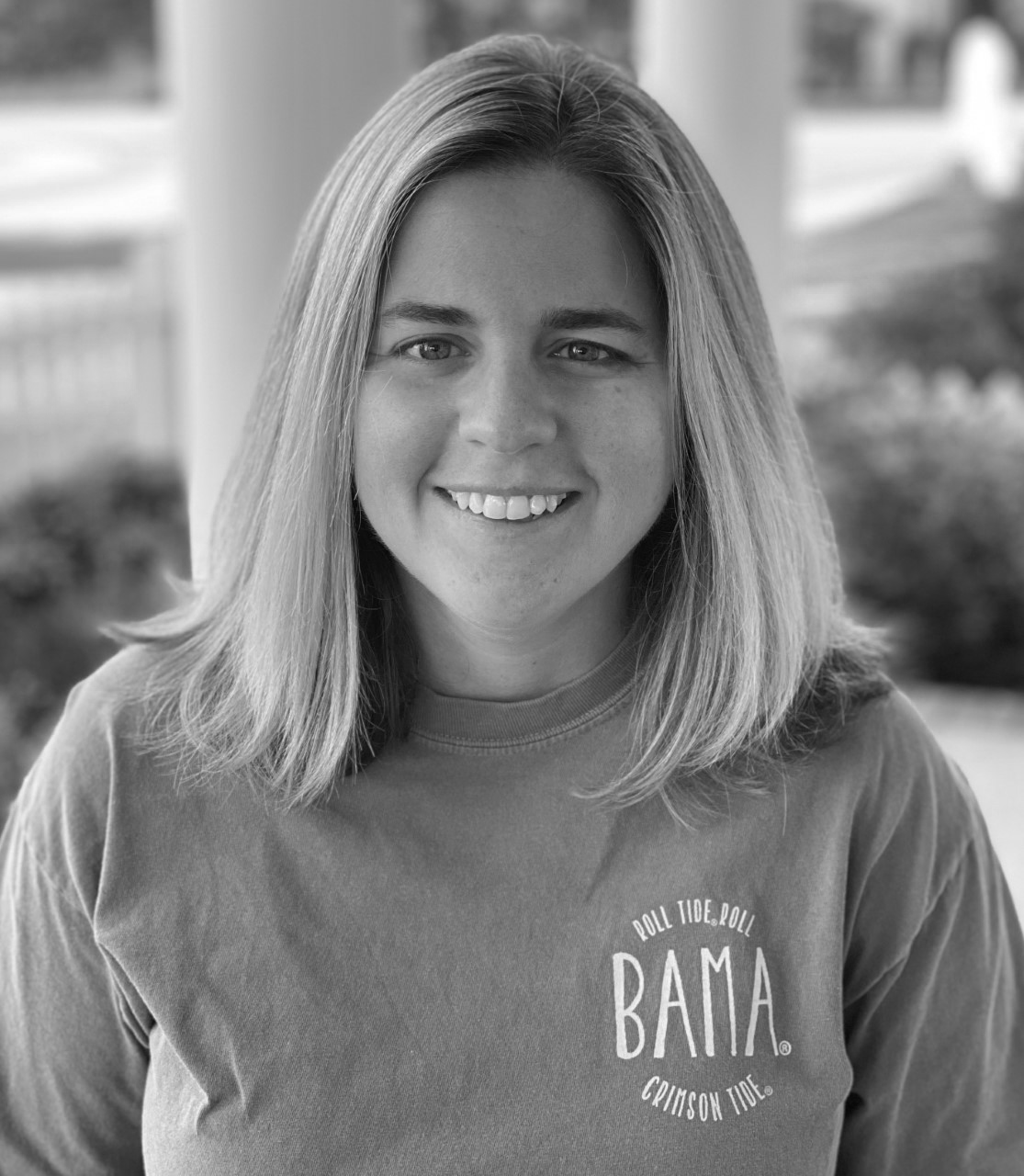
Aimee Hackney, doctoral candidate
Aimee Hackney, doctoral candidate
Hackney Awarded Fenichel Award
Aimee Hackney was awarded the Carl Fenichel Memorial Research Award for her dissertation that has outstanding promise for the field of emotional and behavioral disorders. Her dissertation adapted an evidence-based intervention, check-in/check-out, to be trauma-informed by improving the check-in and check-out conversations between youth and their facilitator as well as addressed an element of the original intervention (i.e., the daily progress report) which is not considered appropriate for youth receiving educational services in residential treatment facilities. She addressed that element by creating a trauma-informed youth-led self-reflection sheet. She also won the won the award for Meta-analysis/Meta-synthesis from the Council for Exceptional Children’s Division for Research.
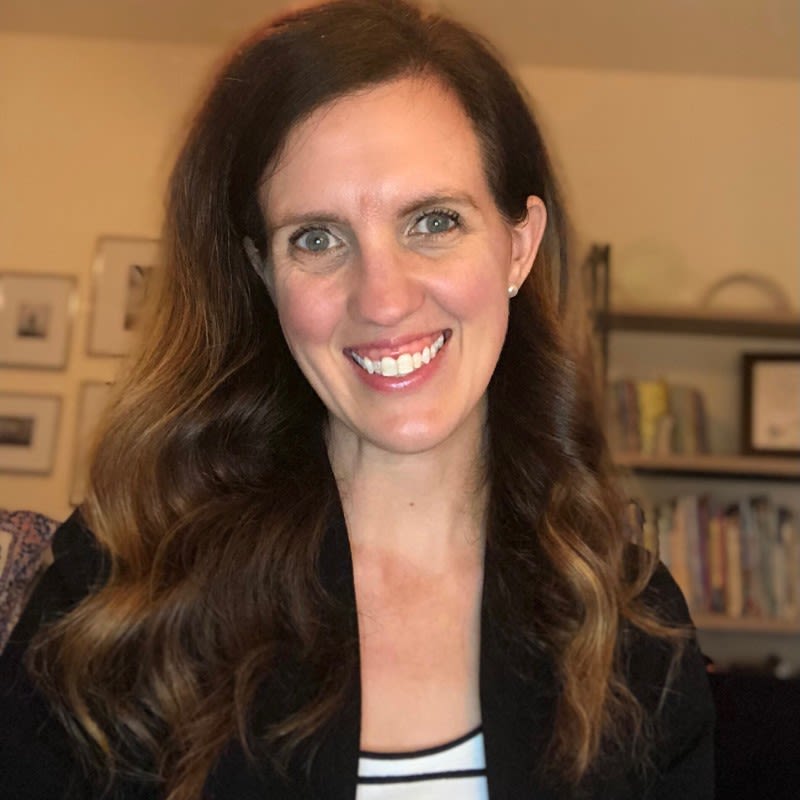
Dr. Courtney O'Grady, assistant professor of early childhood special education
Dr. Courtney O'Grady, assistant professor of early childhood special education
O'Grady Wins Qualitative Design Award
Dr. Courtney O'Grady, assistant professor of early childhood special education, won the award for Qualitative Design from the Council for Exceptional Children’s Division for Research for her dissertation Early Educator Perceptions of Behavior.
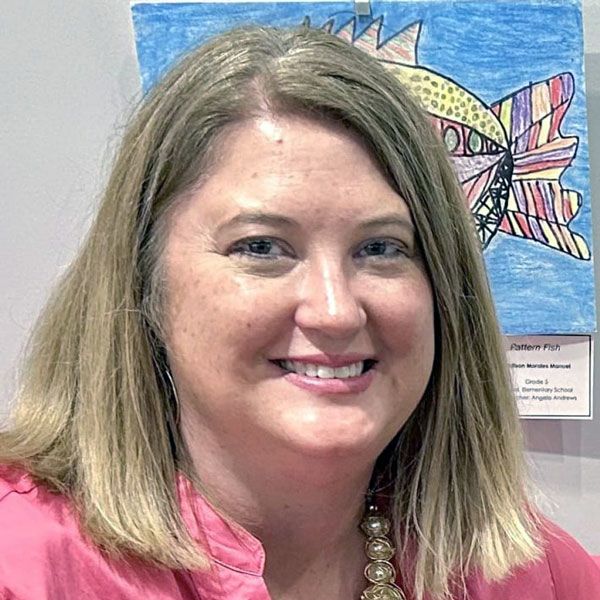
Windle starts role as director of clinical experiences
Dr. Tracy Windle started her new position as director of clinical experiences in the College of Education. An alumna of The University of Alabama, Windle has worked in education for 25 years in various roles including assistant professor of secondary education at Jacksonville State University, elementary school librarian, high school English teacher, as well as an at-risk instructional coach. Dr. Windle said of her experience so far, "I've enjoyed being on campus every day, meeting a lot of new people, and working with students and my staff. It's been a pleasure." We are thrilled to have her here and want to welcome her to the College.
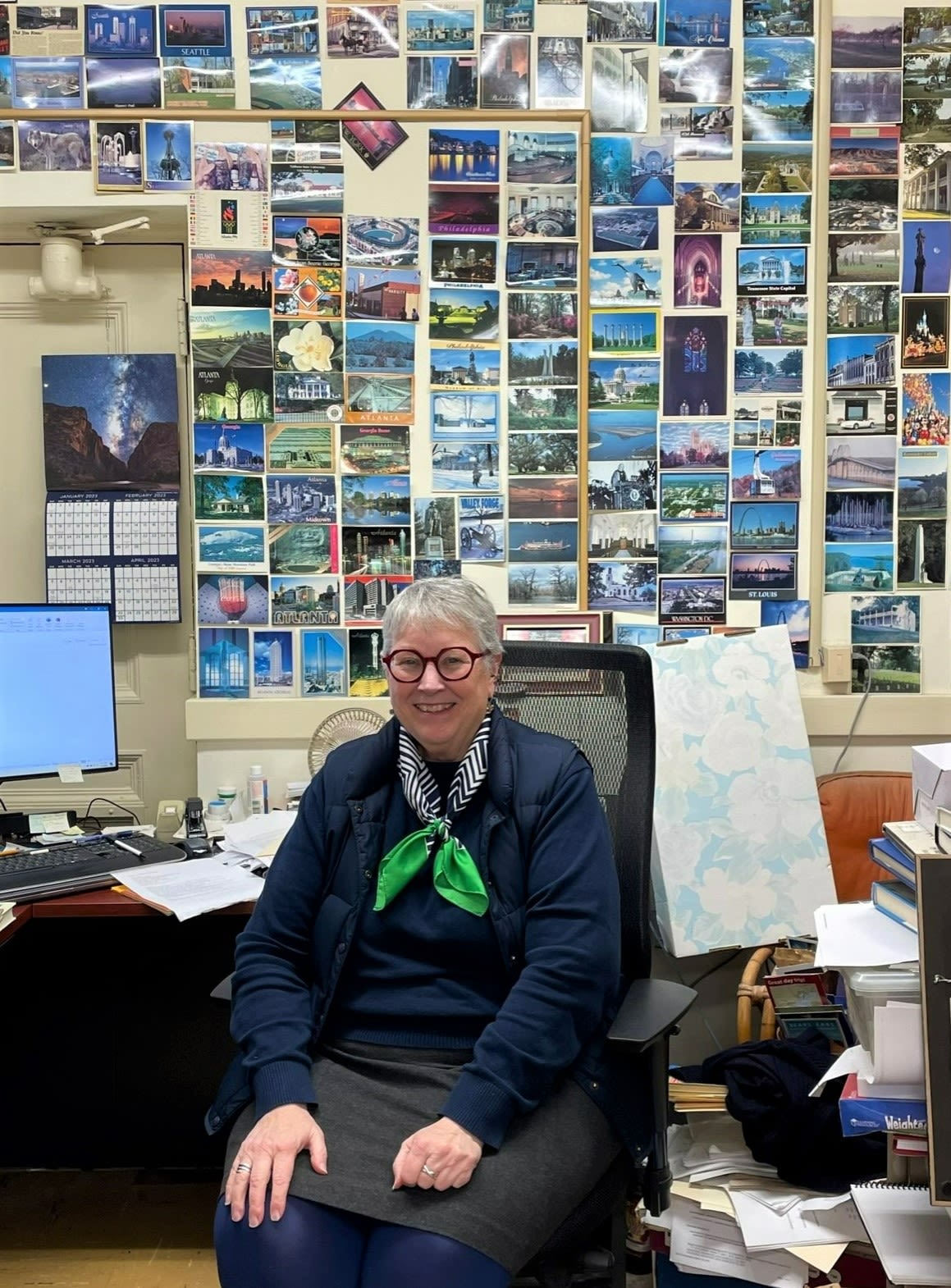
Benita Strnad turns the page after 30 years at McLure
When Benita Strnad retired from her position as education reference librarian at McLure, it brought 30 years at The University of Alabama to a close. Her career at UA began in March 1993, so it seems rather fitting that her retirement began with March as well. Strnad, 66, said she always intended to retire earlier than this, but things don’t always go as planned. more...
UA, Indian students learn to lead during exchange program through teachings of Gandhi, King
Earlier this year, 10 students from The University of Alabama and Alabama A&M traveled to India to learn about Mahatma Gandhi and ways to further improve their leadership abilities as part of the Gandhi-King Scholarly Exchange Initiative.
Throughout the exchange, participants study the legacies of Mahatma Gandhi and the Rev. Dr. Martin Luther King Jr. as well as messages of peaceful, nonviolent conflict resolution to improve their preparedness to serve and influence others.
“I had several students who said to me, ‘This whole experience changed me for life. This changed my life, my life view,’” said Dr. Joy Burnham, director of the Office of International Programs and professor of counselor education in the College of Education. “Just to be able to travel internationally was a new avenue for some, and it opened their eyes.”
The Ghandi-King program unites young civic leaders – 10 from the U.S. and 10 from India – with a goal to “advance civil rights, social justice, and inclusion on the local, national and international levels,” according to a release from the Department of State.
“It’s about equity. It’s about social justice,” Dr. Burnham said. “It’s about understanding civil rights, (and) it’s about training young people that are civic-minded how to be leaders in the future.”
The University of Alabama was chosen to take part in the inaugural exchange after competing both internally and across other universities for the grant. The infusion of subjects such as social studies, art, and counseling in the University’s proposal helped make it the proposal of choice, but another likely benefit was the campus’ proximity to historic sites related to the Rev. Dr. Martin Luther King Jr., Dr. Burnham said.
“This is not only grant funding but allows us to grow the global footprint of the College, so that was double exciting,” Dr. Burnham said, adding that the College received support from across campus. “I was thrilled to work with such an exciting group of people – Liza Wilson, Lisa Matherson, Sylvia Hollins, Kyle Holland.”
As funding continues, UA will hold the noncompetitive grant for a total of three years.
J. Wilson Pate, currently a substitute teacher in the Tuscaloosa City School System while looking for a certified teaching position, was a senior studying secondary education in social science with a minor in communication studies when he was in the initiative. Pate and a roommate had the opportunity to implement some of the peaceful conflict resolution tactics they discuss in the program to resolve a situation during one of the exchange trips.
“We worked through our issues and shared a deeper connection with one another because of the method we used,” he said. “I also witnessed these methods in action during a group disagreement at the Gandhi Darshan in Delhi. It was evidence to me of the potency of nonviolence.”
Pate said the Gandhi-King program also revealed some of his own shortcomings as his body began to feel the effects of the long journey while on a connecting flight to Delhi.
“… I realized that I am not in charge, and that that’s okay,” Pate said. “Nonviolence is a method for conflict resolution, yes, but to really subscribe to it, you have to trust that something outside of yourself is moving narratives too slowly for you to witness. Dr. King called it the ‘Moral Arc of the Universe,’ and he believed that it ‘bent towards justice.’ Committing yourself to a profound cause requires this kind of trust, as without it suffering and pain become loss. The most fundamental truth in the world acknowledges suffering and pain as a catalyst for change.”
In January, students arrived in New Delhi, India, and over the course of the academic trip visited the Taj Mahal, the Kalamkhush Handmade Paper Centre, Gujarat Vidyapith, a university that was established by Gandhi, as well as museums and other historic locations that tie back to the leader – including walking the path he took to where he was assassinated.
“You can actually walk his footprints,” Dr. Burnham said. “You can’t help but feel something in the air and the culture of that.”
They also had a monumental chance to meet Gandhi’s granddaughter Tara Gandhi Bhattacharjee.
“It was a beautiful experience. It was almost magical to see the participants go from not knowing each other to literally caring deeply for each other, I would say loving each other,” Dr. Burnham said. “The hellos in January were wonderful; the goodbyes were quite sad because the participants and the staff had been together for four weeks.”
Pate said he still maintains relationships built over the course of the program. In fact, he and some fellow members hope to bring a seminar they’ve collaborated on to local schools.
“We agreed that the global community owes a holistic curriculum of moral formation aimed towards young people,” he said. “Nonviolence is a natural, method-based introduction to that education. We are currently developing a cross-cultural workshop for local schools to introduce middle and high school students to the method and message of nonviolence, as developed and followed by Mohandas Gandhi and Dr. King.”
The first part of the exchange took place last summer with a one-week virtual orientation followed by two-week, in-person residencies at UA and Alabama A&M in Huntsville. During these residencies, the Alabama students and those here from India joined classroom discussions and took trips to historic civil rights locations in Birmingham, Montgomery, Selma, Atlanta, Ga., and Memphis, Tenn.
Participants had the opportunity to walk across the Edmund Pettus Bridge and visit iconic locations, such as the Birmingham Civil Rights Institute, the 16th Street Baptist Church, the National Memorial for Peace and Justice, and the National Civil Rights Museum in Memphis, which included a view of Room 306 at the Lorraine Motel where the Rev. Dr. Martin Luther King Jr. was assassinated.
“Those opportunities hopefully helped to cement what (the students) had heard about, seen about, read about, and walked through,” said Dr. Burnham of the experiences at each landmark, both in the U.S. and in India.
The Ghandi-King initiative was first proposed in the Gandhi-King Scholarly Exchange Initiative Act, which was introduced in 2017 and championed by the late Rep. John Lewis. In 2020, Congress authorized the bill, allowing multi-million-dollar funding for the U.S. Department of State to launch the Gandhi-King Scholarly Exchange Initiative program in partnership with the government of India.
“It’s taught us a lot about believing in this grant, believing in the idea that we can take 20 people who don’t know each other and bring them together, train them, and make sure that they understand how important it is to give back as leaders of the future,” Dr. Burnham said. “I expect really big things out of them. It makes you believe in education. It makes you believe in what we do, and, certainly, it makes you believe in giving back, (and) the mission: training leaders.”
Pate said he would encourage others to get involved with the initiative. Whether it’s someone on a quest to make a difference on a global scale, anyone “feeling tossed by the waves and unsure of how to verbalize or process (their) life experience and questions” like he was at the time, or someone who’s at a place in between – “this program is a great next step for anyone looking to engage with the ideas of peace and nonviolence,” he said.
The 20 exchange students will soon have a chance to give back to their communities by participating in post-program projects.
“We gave them a lot (through the program), so we expect them to give back as leaders,” Dr. Burnham said.
Some of her favorite parts of the exchange experience, she said, included hearing students discuss material they covered in the classroom and watching them step out and become leaders in the moment.
“We learned a lot, and it’s just a really special grant,” Dr. Burnham said. “I think there’s a lot of passion, energy, and belief in the mission of the grant on our part, and that was underlined throughout how important this is and how we believe we’re really training good leaders of the future.”
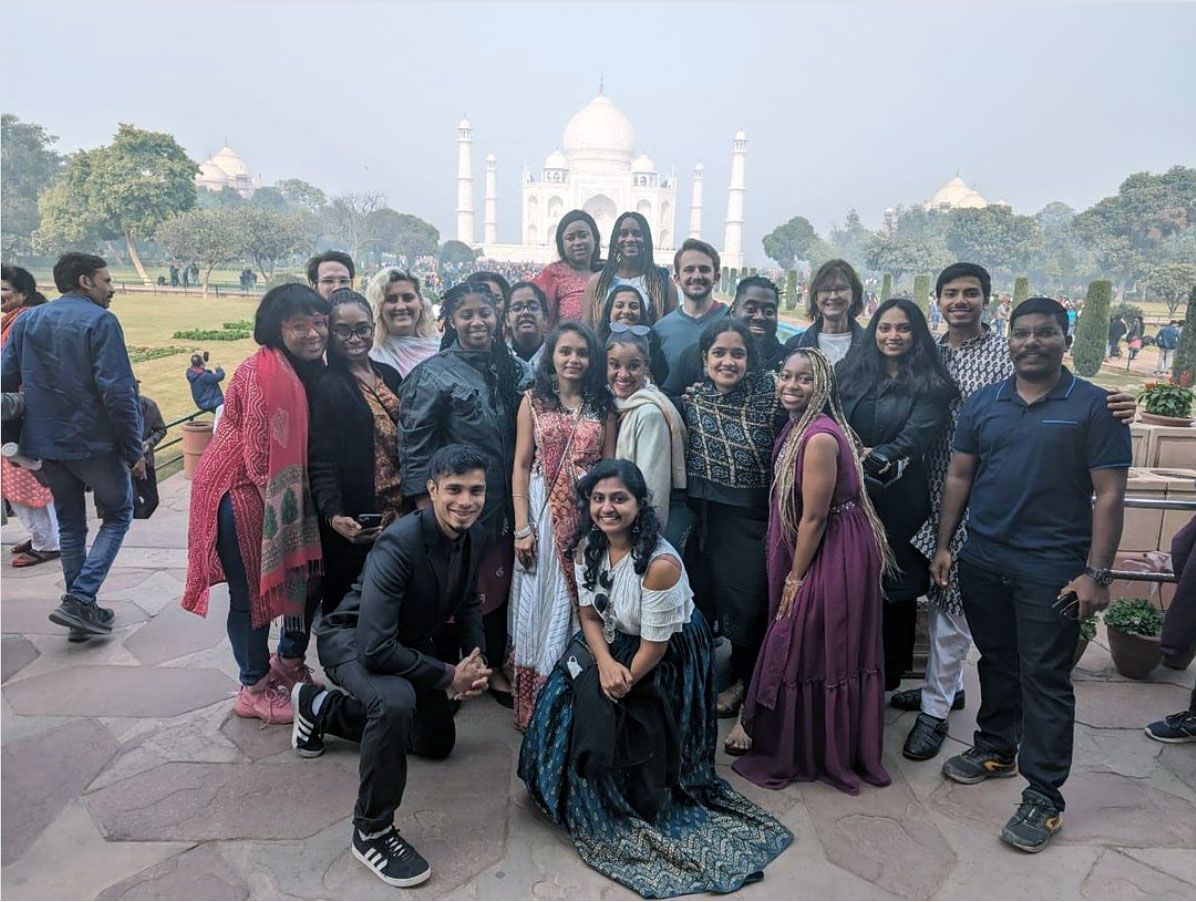
Ghandi-King Scholarly Exchange Initiative participants from UA and India visited the Taj Mahal.
Ghandi-King Scholarly Exchange Initiative participants from UA and India visited the Taj Mahal.
Tide and LSU partner to bring SEL teaching methods to education students
SELSG+ program hopes to expand reaches across Alabama – and hopefully the U.S.
The University of Alabama and LSU are two of the biggest rivals in SEC football, but when the opportunity came to work together for a worthy cause, both were more than game. The schools have teamed up to incorporate social and emotional (SEL) skills into early education courses through a program called SELSG+, ensuring education students have the tools they need to set children up for success.
As the mental health crisis in America’s youth continues, it is even more imperative that children are given mental, emotional, and social support – especially since they may not be getting it in their own homes.
“There’s a need, a gigantic need for solutions that are practical that schools can apply. So, SELSG+ has emerged at the perfect time to be a solution for educators that they can use to support all youth, but especially youth who are struggling and need additional emotional support, additional social support,” said Dr. Benner, UA Helen and Pat O’Sullivan Professor of Special Education and Implementation Science and leader of the SELSG+ team, or Social Emotional Learning Study Groups team.
Dr. Benner and LSU Professor of Special Education Dr. Paul Mooney recognize the importance of this and collaborated to give students at LSU access to the SELSG+ teaching modules and curriculum through a special education teaching class.
By providing social-emotional training like this early on in college education courses, it can better prepare pre-service teachers to handle whatever situations may arise in the classroom. It can also benefit teachers who are already in the classroom.
“What we noticed is we do a great job of preparing our students to teach reading, math, social studies, and science, but we forgot another aspect of social emotional learning,” said Melissa Walton, development and implementation coordinator for SELSG+ and associate research professional and clinical instructor at UA. “We touch on it in all of our classes, but there's not one class where we teach teachers how to manage all this.”
Though there is not currently a standalone UA course that incorporates the SELSG+ approach, Walton said there are negotiations to incorporate the teaching modules into a beginning special education course all students are required to take.
“We hope that it will be incorporated here at UA and maybe other teacher preparation institutions around the world so (educators) can step into that first teaching position like, ‘I got this,’” Dr. Benner said.
The SELSG+ project grant was written at the beginning of the COVID-19 pandemic and then funded by the Alabama Department of Education in October 2020. As an effective educator development-specified grant, its focus is to equip elementary school teachers with the assistance and SEL resources they need to effectively teach and manage their students.
“We want to give things to the world that matter, create innovations that matter to the world. That’s the point of research,” Dr. Benner said of the grant. “If it doesn’t impact people, you have to ask, ‘What’s the point?’”
The SELSG+ project itself is in the last year of its pilot stage with 19 different schools in the Southeast and several school systems across Alabama. In Tuscaloosa, two county schools – Matthews Elementary and Buhl Elementary – are currently participating, but there are several city and county schools on the project waitlist. At Matthews, Walton said, the entire school is now using SELSG+ techniques, and its principal is impressed by how the virtual portal shows her the needs of the school when she thought she already knew them.
“Our goal is to learn as much as we can through the pilot to continue to make improvements so it becomes really amazing,” Dr. Benner said. “I think the day is going to come where it’s going to be incorporated into a lot of schools, and we’re excited about that. That’s the whole point of this.”
Walton attending a meeting with the state department of education to present the program recently seems to be a step in the direction of making SELSG+ resources available statewide.
Evidence shows students benefit from SEL academically as well, not just socially and emotionally.
“If we’re able to make the child feel understood emotionally and build those connections, it will bring out the best in them as a scholar,” Dr. Benner said, and according to data, on average, students who take part in social-emotional learning grow 11 academic percentile ratings.
The SELSG+ curriculum features 12 teaching modules, two evidence-based tiers of SEL instruction. Other resources – instructional videos led by Dr. Benner, coaching, study groups, and more – are also made available to the teachers through an easily accessible virtual dashboard.
Tier 1, which is instruction all children receive, is based on seven different skills every child needs to be successful: listening, asking for help, following directions, doing the best you can, following the rules, working out strong feelings, and getting along.
Tier 2 is more specialized, based on assessments for children who need additional support in certain skill areas. The first, SELWEB, students complete through an interactive computer game, not even realizing they’re being assessed. Teachers assess the students next by using a Likert scale. The system then combines both results and specifies where the child needs extra support and groups them with peers based on those needs. The goal, Dr. Benner said, is to help them develop new skills and practice them until they’re ready to move on. SEL skill practice might include things like working with managing feelings or going over friendship-making skills.
Walton said she has witnessed the benefits of the program firsthand through how it’s helped her oldest son. She adopted him and his younger brother, who both come from traumatic backgrounds, when they were children and also taught the eldest in her class at school. As he struggled in areas like making friends and following instructions, she wasn’t sure how to best help her son and regulate his behavior. But since joining the SELSG+ project, she said, she has gone through the skills training lessons with her now 16-year-old son, and it’s made a difference.
“Every child everywhere deserves success when it comes to school,” Walton said. “No child wants to feel like a failure when they’re 5. A child doesn’t fail when they’re 5, they just need more support.”
However, if teachers are skeptical about SELSG+ at first, she said she understands. As a veteran first-grade teacher of 20 years, Walton sees why their first thought might be, “I don’t have time in my day to do one more thing.”
“As an educator, I would have thought that too, but I think it helps for me to say, you know, I’ve been in the trenches,” she said. “I’ve been where you are. I know what your teachers are feeling. But it’s not one more thing for you to do – this is going to alleviate all the things you’ve had to do.”
When teachers hear more about the research-based SELSG+ approach and how the skills students learn do help cut down behavior-related classroom interruptions, they are ready to embrace it.
“There’s not one teacher I’ve talked to that said, ‘I don’t want to do this,’” Walton said.
A 2018 McGraw Hill Education survey showed that 96% of administrators, 93% of teachers, and 81% of parents believe that social and emotional learning is equally as crucial for children as academic learning.
“It’s what our kids need and what they deserve more than anything,” Walton said. “It’s a way to prepare them to be successful, and I don’t think there’s anybody out there who’s a parent, caregiver, advocate for children, or a single human being walking out on the streets that doesn’t want every child to have the opportunity to be successful.”
Dr. Benner said he believes the SELSG+ project and the collaboration with LSU are already making an impact.
“I think some of the fruits of that are happening now. We’re seeing kids’ lives change. We’re seeing educators getting support,” he said. “So, that’s why I’m here and (will) just keep doing the good work.”
Schools interested in participating and being added to the SELSG+ waitlist can contact Melissa Walton at 205-292-5601 or by emailing her at mawebb@ua.edu
SELSG+ can also be found on social media at the SELSGplus Facebook page, on Twitter at @SELSGPLUS, on Instagram at @selsgplus, and on LinkedIn at SELSG Plus.
To learn more about SELSG+, visit www.selsg.ua.edu. To see a detailed breakdown of the SELSG+ program, visit trifoia.com/complete-social-emotional-learning-k-3-educators-selsg/.

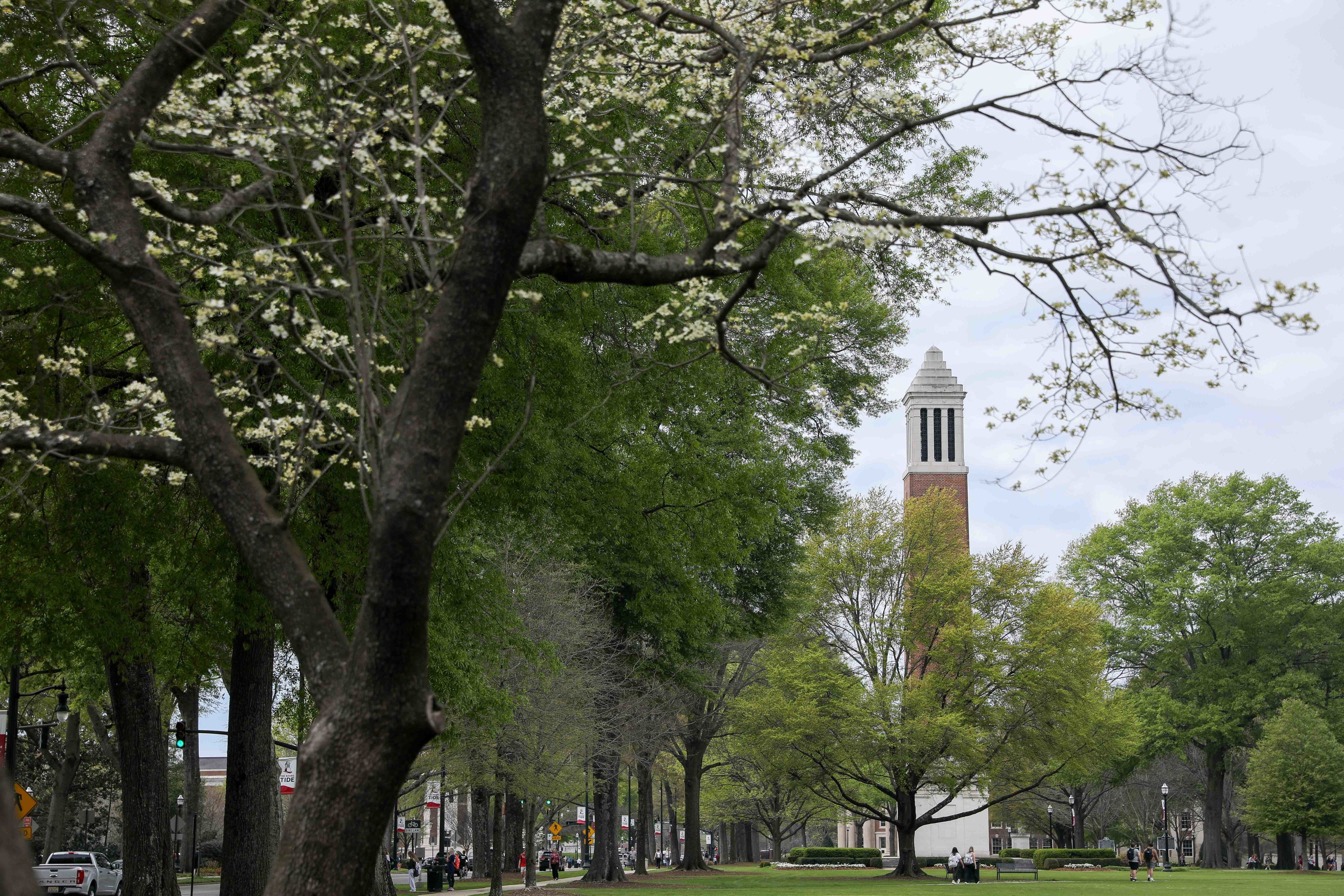
By Rebecca Ballard, Ph.D., College and Alumni Relations Coordinator, and Kelcey Sexton, Communications Specialist

